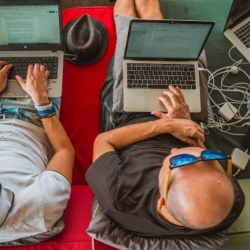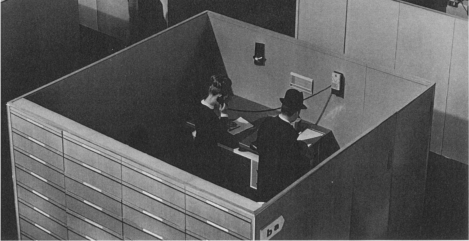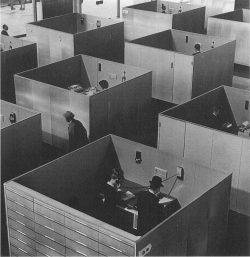To provide the best experiences, we use technologies like cookies to store and/or access device information. Consenting to these technologies will allow us to process data such as browsing behaviour or unique IDs on this site. Not consenting or withdrawing consent, may adversely affect certain features and functions.
The technical storage or access is strictly necessary for the legitimate purpose of enabling the use of a specific service explicitly requested by the subscriber or user, or for the sole purpose of carrying out the transmission of a communication over an electronic communications network.
The technical storage or access is necessary for the legitimate purpose of storing preferences that are not requested by the subscriber or user.
The technical storage or access that is used exclusively for statistical purposes.
The technical storage or access that is used exclusively for anonymous statistical purposes. Without a subpoena, voluntary compliance on the part of your Internet Service Provider, or additional records from a third party, information stored or retrieved for this purpose alone cannot usually be used to identify you.
The technical storage or access is required to create user profiles to send advertising, or to track the user on a website or across several websites for similar marketing purposes.
 However much we know about the forces we expect to come into play in our time and however much we understand the various social, commercial, legislative, cultural and economic parameters we expect to direct them, most predictions of the future tend to come out as refractions or extrapolations of the present. This is a fact tacitly acknowledged by George Orwell’s title for Nineteen Eighty-Four, written in 1948, and is always the pinch of salt we can apply to science fiction and most of the predictions we come across. More →
However much we know about the forces we expect to come into play in our time and however much we understand the various social, commercial, legislative, cultural and economic parameters we expect to direct them, most predictions of the future tend to come out as refractions or extrapolations of the present. This is a fact tacitly acknowledged by George Orwell’s title for Nineteen Eighty-Four, written in 1948, and is always the pinch of salt we can apply to science fiction and most of the predictions we come across. More →







 According to research conducted by conference call provider
According to research conducted by conference call provider 








 Organisations that favour agile working and make strategic investments in human capital during the coronavirus crisis will be best positioned to gain market share and overtake competitors, according to a new Talent Trends report released by Randstad Sourceright.
Organisations that favour agile working and make strategic investments in human capital during the coronavirus crisis will be best positioned to gain market share and overtake competitors, according to a new Talent Trends report released by Randstad Sourceright. 















July 1, 2020
The loneliness of the long term flexible worker
by Dr Rachel Lewis • Comment, Flexible working, Wellbeing